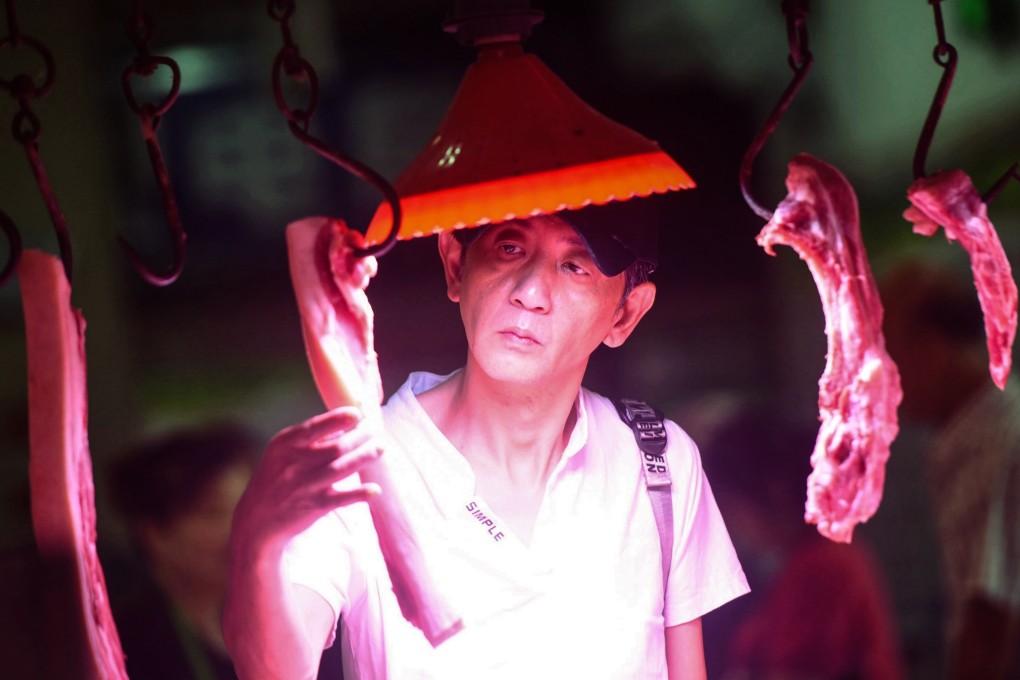China Briefing | Why soaring pork prices are a touchy problem for China’s leaders
- An outbreak of African swine fever has caused prices of the staple food to rise nearly 50 per cent in a year
- This threatens to sour the mood for national celebrations, from the Mid-Autumn Festival to Lunar New Year, as efforts to fix the crisis are too little, too late

For the Chinese people, eating meat (which usually refers to pork) is not only an essential part of their daily diet, but also a time-honoured symbol of living the good life.
Back in the Mao Zedong era of the planned economy, in which almost every daily necessity was strictly rationed, the coupon for the monthly allocation of half or one kilogram of pork was among the most prized for city folks. In some poor areas, having a hearty pork meal was a luxury reserved only for special occasions such as birthdays or the Spring Festival holidays.
It is little wonder then that soaring pork prices over the past six months, which have threatened to deprive ordinary folk of their access to the meat, are bandied about with a sense of national crisis – especially now that China has become the world’s second-largest economy and most daily necessities are in abundant supply.
Official data published on Tuesday showed that pork prices rose by 46.7 per cent year on year in August, up significantly from a 27 per cent increase in July. This pushed food inflation up to 10 per cent from 9.1 per cent in July, and the headline consumer price index up to 2.8 per cent, close to the government’s set target of 3 per cent. Now economists expect pork prices to double by year end and continue to rise early next year.
